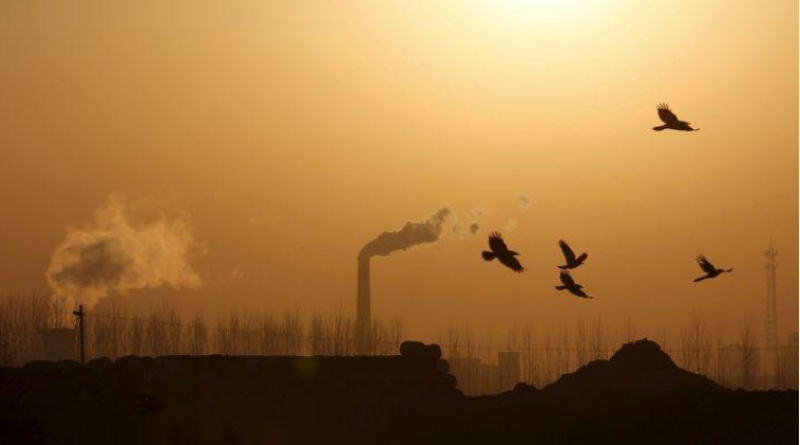EU sees carbon border levy as 'matter of survival' for industry.

BRUSSELS (Reuters) - The European Union’s proposed carbon border charge is essential to the survival of its own industries and the bloc will impose the levy on non-EU competitors unless they commit to lowering their emissions, the bloc’s climate policy chief said on Monday.
The EU’s executive Commission is expected to propose its carbon border adjustment policy before the end of June.
“It’s a matter of survival of our industry. So if others will not move in the same direction, we will have to protect the European Union against distortion of competition and against the risk of carbon leakage,” European Commission Executive Vice-President Frans Timmermans told an online event hosted by consultancy Global Counsel.
“Carbon leakage” would occur if companies left Europe to avoid the cost of its emissions-cutting policies.
Globally, industry is under pressure to ramp up climate action ahead of a United Nations summit in November, which serves as a deadline for nearly 200 countries to pledge deeper emissions cuts.
If that meeting fails to deliver, the EU will press ahead with unilateral carbon border measures, Timmermans said.
Europe’s plan to make huge investments in cleaning up industry will have a “cost effect” on companies that must be addressed, he said.
This year will see Brussels unveil a major package of policies to cut emissions faster by 2030, including higher carbon costs for industry and tougher renewable energy goals.
“Companies will really start to feel the impact of climate policy as never before. This is exactly the reason why carbon border adjustment measures need to be considered,” said Simone Tagliapietra, research fellow at Brussels-based think tank Bruegel.
EU industry has expressed concern about cheap competition from Morocco and Turkey in the cement sector, while carbon costs on imported steel could hit China, the world’s biggest producer.
The EU has said countries will be able to avoid the bloc’s carbon border levy, if the ambition of their climate policies matches that of Europe.
18 January 2021
REUTERS




